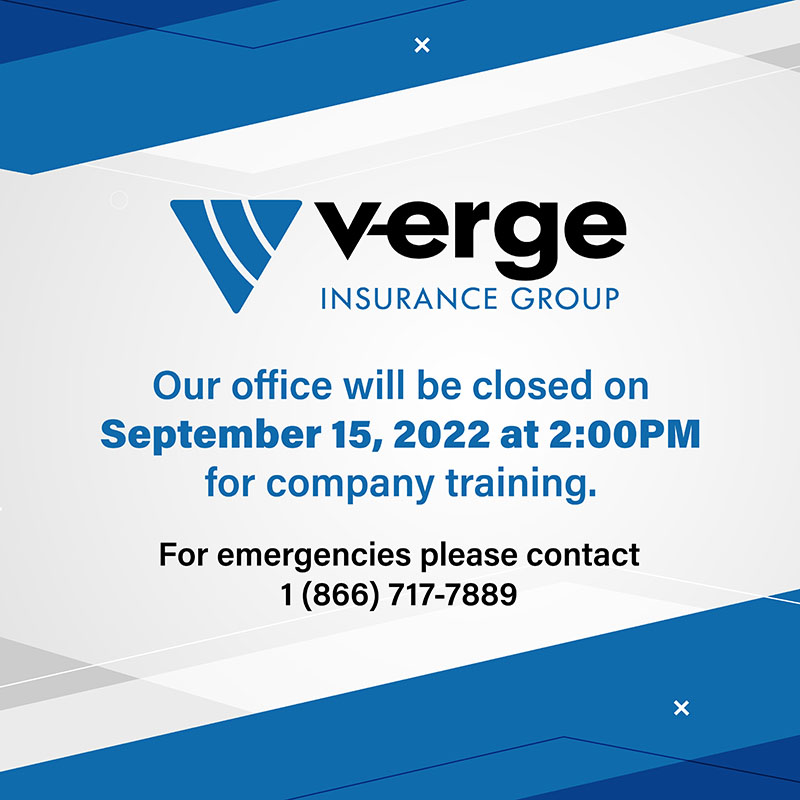The new year is a time for new beginnings, new ideas and, of course, New Year’s resolutions.
Making resolutions may seem like something trivial you do at a New Year’s Eve party. But that is not the case! Each new year is an opportunity for small businesses to assess their strengths and weaknesses, develop strategies to address challenges, and refresh their financial protections.
Here are three things you can resolve to do to safeguard your company for years to come.
1. Tackle Deferred Maintenance Projects
With labor shortages and other obstacles, many companies have deferred much-needed maintenance and repairs to their buildings. But failing to conduct proper maintenance puts property and employees at greater risk of damage. It also increases the likelihood of workplace accidents and injuries.
- Inspect your roof, pipes and drains. Even small leaks can lead to expensive water damage over time. And those due to negligence or lack of upkeep will not be covered by insurance.
- Check electrical systems and appliances and replace or repair them if they are not working properly. Equipment breakdown insurance is not meant to cover neglect or wear and tear, and some insurance contracts require scheduled maintenance to be done and documented. If you are out of compliance, talk to your agent and insurer about what you need to do to rectify the situation.
- Look for any holes that may have developed over the past few months to make sure rodents and other pests can’t invade your building. Damage due to infestations is typically not insured.
2. Update your Emergency Plan
Even if your company has developed a comprehensive emergency plan, you still need to update it at least once a year. Make sure contact information is current and newer threats are adequately addressed. Perils like cyberattacks, wildfires and supply chain disruptions are always evolving, and the measures you need to survive them may change as well.
If your business hasn’t developed an emergency plan, now is the time to do so. Organizations like the Small Business Administration, the Insurance Information Institute and the Federal Emergency Management Agency have resources available. You can also contact your insurance agent or broker for help putting together the right plan for your business.
3. Review your Insurance Needs Before New Year’s
As your organization pivots to keep up with changing consumer demands and emerging technologies, your business insurance needs may change as well. Take this time early in the year to schedule a review of your property and liability insurance policies with your insurance agent. They can help you make sure no gaps in protection have developed.
For example, small businesses are increasingly reliant on technology to conduct business, but many do not have cyber insurance policies. A data breach or phishing attack could leave your business exposed or temporarily shut down your network, leading to lost revenue.
Rebuilding costs have also risen substantially the past few years, so it’s become more expensive to repair property damage. Have your insurance limits kept up with inflation?
With a few key steps, you can protect your business from devastating financial losses and make this year a great one. Turn to your insurance adviser for help with risk management and commercial insurance. They can help you recover quickly if your company suffers a loss.



